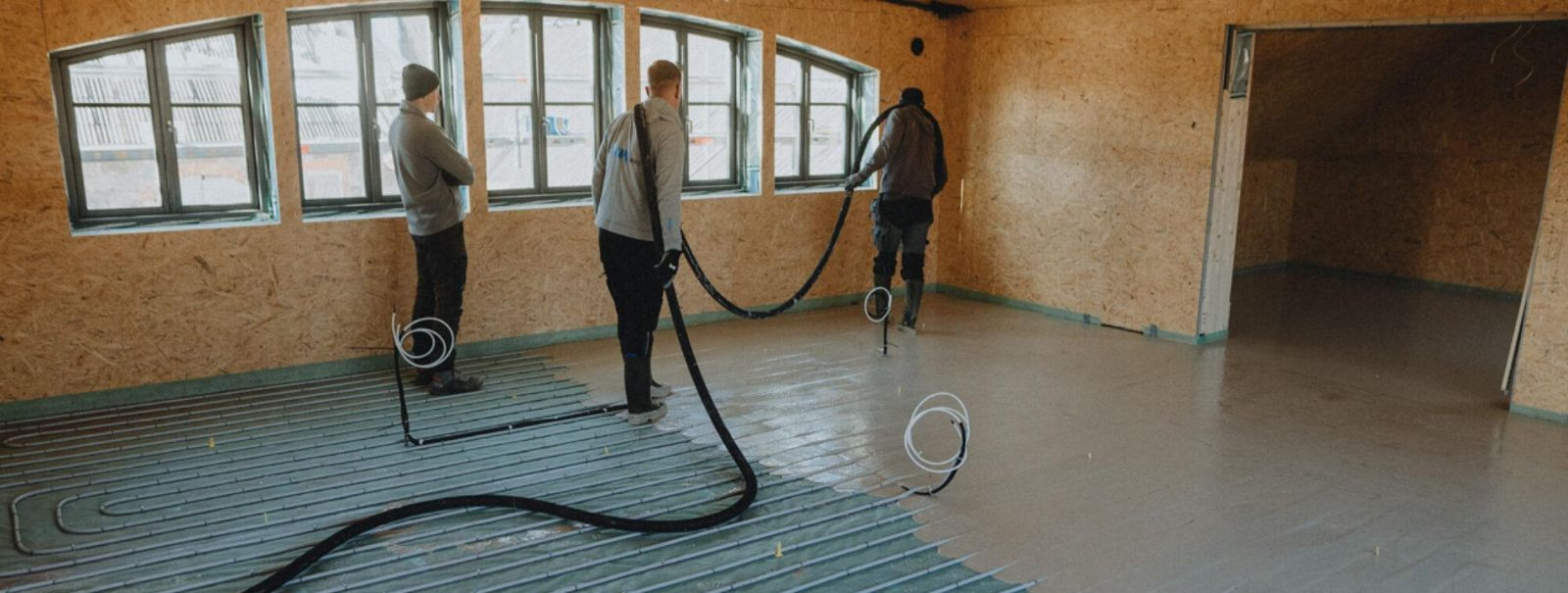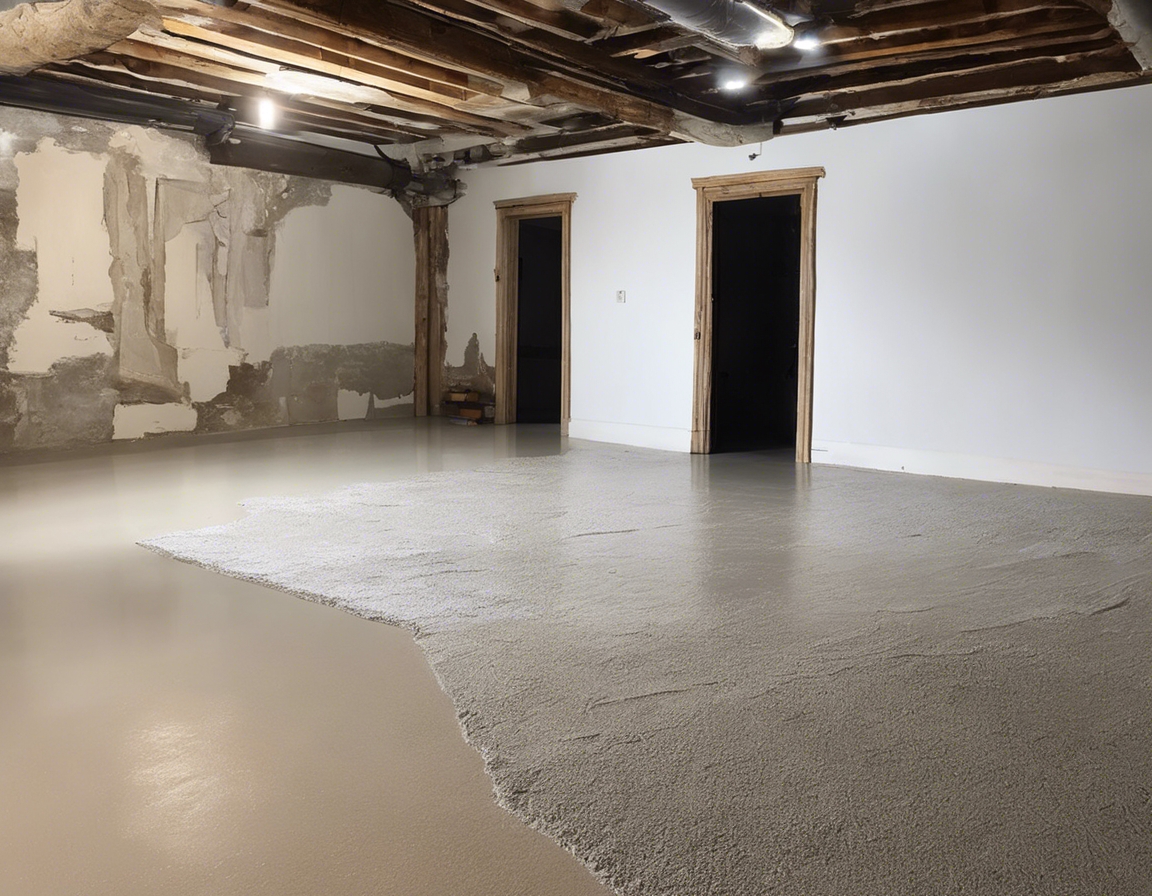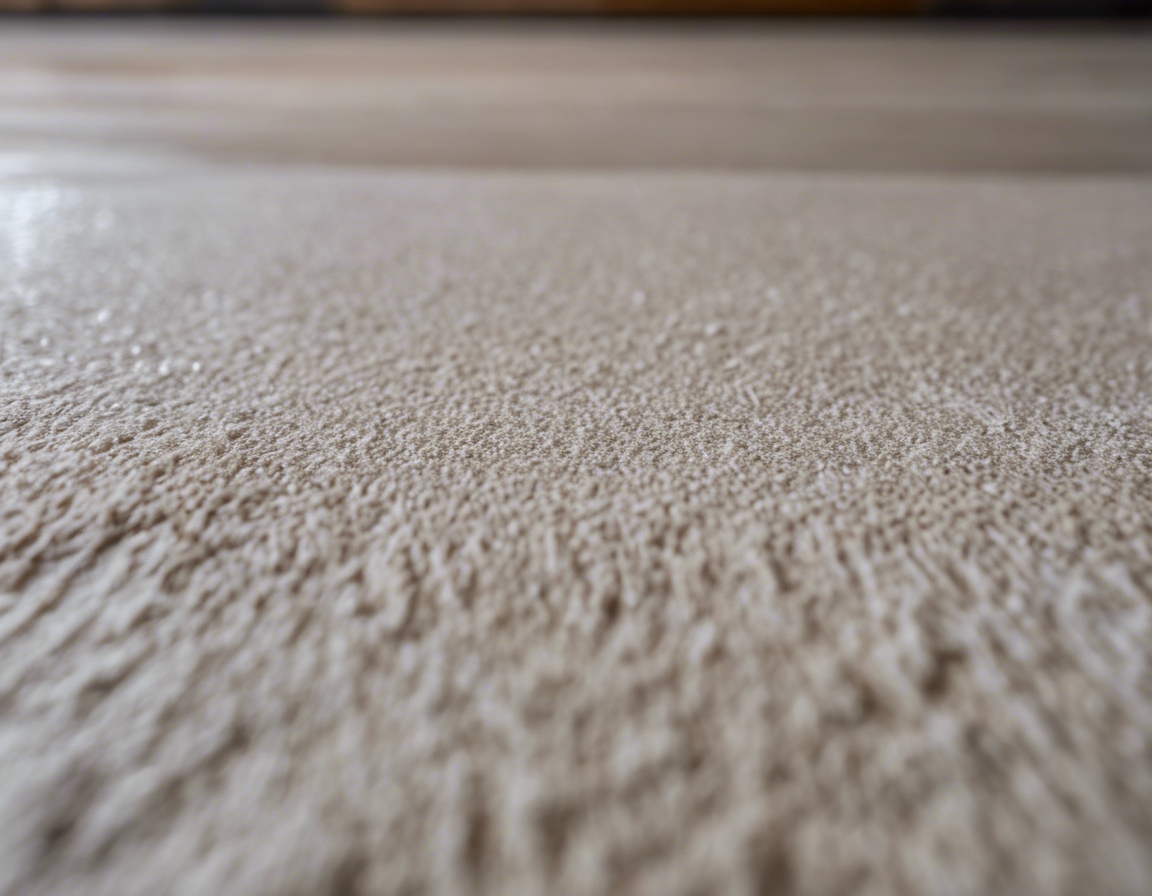The future of flooring: eco-friendly and durable
As the world becomes increasingly aware of the environmental impact of construction materials, the flooring industry is undergoing a significant transformation. The demand for eco-friendly and durable flooring options is on the rise, driven by both environmental concerns and consumer preferences for long-lasting, sustainable products.
Eco-friendly flooring is not just a trend; it's a commitment to the environment and future generations. The use of renewable resources, recycling, and low-emission manufacturing processes are at the forefront of this movement.
Durability is equally important as sustainability. A floor that lasts longer reduces the need for frequent replacements, thereby conserving resources and minimizing waste.
Materials Shaping the Future of Flooring
Bamboo flooring is renowned for its strength, durability, and rapid renewability. It's a flooring option that doesn't sacrifice quality for sustainability.
Cork is not only comfortable underfoot but also renewable and biodegradable. Its natural properties make it an excellent insulator, contributing to energy efficiency in homes.
Recycled materials are turning waste into wealth. Old tires, plastic bottles, and even glass are being transformed into durable, attractive flooring options.
Engineered wood offers the beauty of hardwood without the environmental impact. It uses less wood and can be sourced from sustainably managed forests.
Technological Advancements in Flooring
New installation methods are making flooring more accessible and less disruptive, allowing for quick and efficient upgrades.
Smart flooring technologies are enhancing the functionality of floors by integrating heating, cooling, and even health monitoring systems.
Advances in insulation materials are improving the thermal efficiency and soundproofing capabilities of flooring, contributing to more comfortable and energy-efficient living spaces.
Environmental Impact and Sustainability
Choosing sustainable flooring materials can significantly reduce a building's carbon footprint, making a positive impact on the environment.
Life cycle analysis helps consumers understand the long-term environmental impact of their flooring choices, from production to disposal.
Green certifications, such as LEED and FSC, assure consumers that the flooring products they choose meet stringent environmental and sustainability criteria.
Design Trends and Consumer Preferences
Consumers are increasingly looking for flooring options that can be customized to their specific needs and design preferences.
The natural beauty of eco-friendly materials is becoming a significant selling point, as they offer unique textures and patterns that enhance the aesthetics of any space.
Modular and adaptable flooring systems are gaining popularity for their ability to evolve with changing needs and styles, ensuring a long-term flooring solution.






Comments (0)